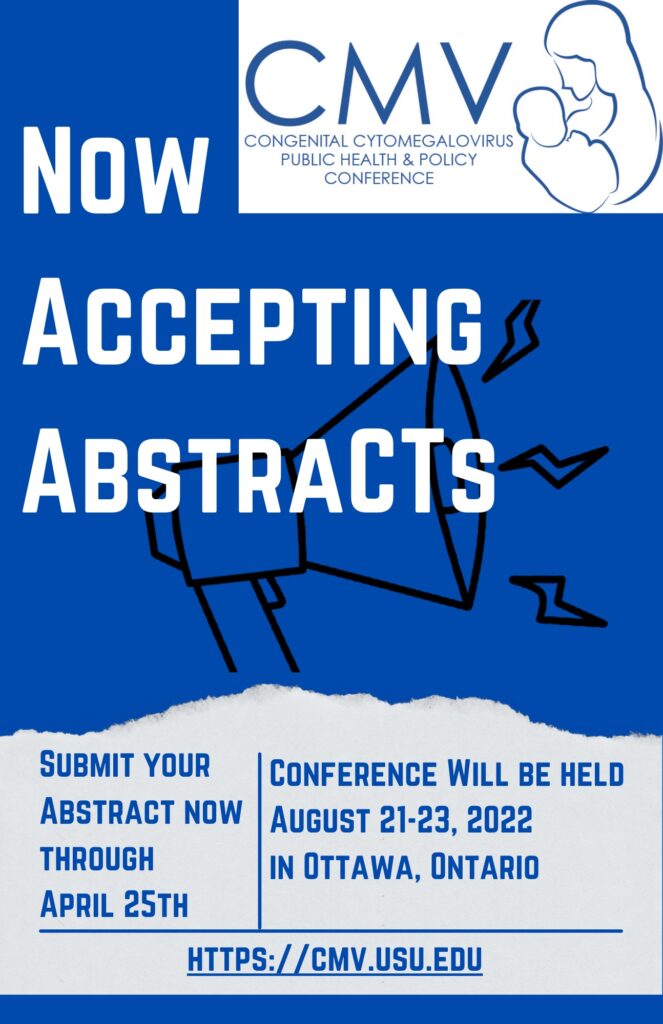Register NOW! Successful Leadership Transition: You’ve Got This!
Thursday, April 7, 2022
11:00am – 12:00pm MT Adjust your time zone accordingly.
Register here for this upcoming leadership webinar sponsored by the Hands & Voices Family Leadership in Language and Learning (FL3) Center.
https://creatorapp.zohopublic.com/…/5fGUdHmys5P2GOUwCr4…
AbstractSuccessful transitions aren’t always easy. Join the Hands & Voices Family Leadership in Language and Learning (FL3) Center leadership webinar. The presenters will walk you through how the Illinois Chapter of Hands & Voices has successfully moved from a Presidential Board of Directors to an organization lead by an Executive Director without leadership turnover. How does old meet new in this situation? How can each participant learn from the other? Leadership is ever evolving; this session will address how one family-based organization has successfully transitioned. Mentor, Mentee – BOTH! Successful transition starts from the ground up; processes, policies, descriptors all must ebb and flow with the change.
Objectives: Recognize and gain insight on what worked and what did not work for IL Hands & Voices. Explore the steps to take to ensure a seamless leadership transition. Learn tips on how to seek out that next great parent leader. Primary Audience :Family leaders, family-based support organizations, Deaf-based organizations. EHDI program staff, EHDI systems stakeholders, and Pediatric Healthcare Professionals are also welcome.
Presenters:Andrea Marwah received her BA degree in Psychology from North Central College in Naperville, Illinois. Since her daughter was diagnosed with hearing loss in 2002, she has taken a special interest in educating parents and professionals on matters concerning ADA, IDEA, and advocacy for students who are deaf or hard of hearing. Andrea presents both locally and nationally on matters pertaining to advocacy and IDEA; deafness/hearing loss when combined with other disabilities; impact of HL on socialization; the impact of deafness/hearing loss; and many topics surrounding parenting and working with children who are deaf and hard of hearing. She works for the Illinois School for the Deaf as an advocate, outreach trainer and consultant for families and professionals who work with children who are deaf, hard of hearing, blind, visually impaired, or deaf-blind. Andrea began her Presidency/Executive Director position at Illinois Hands & Voices in 2010 and is a national trainer for Hands & Voices. Andrea sits on many boards and committees both locally and nationally and has published articles relating to special education law and advocacy. She lives in Naperville, Illinois with her husband and three children.
Andrea Stambaugh became vested in CMV awareness and advocacy when her son, Axel, was born with congenital CMV in June of 2016. Since receiving Axel’s congenital CMV diagnosis Andrea has become an active member of the Board of Directors for IL Hands & Voices, and formerly a member on the patient education and outreach committee for the National CMV Foundation, serving on the parent planning committee for the 2018 CMV Public Health and Policy Conference; hosted a CMV Awareness fundraiser in her hometown that raised $5,300 for NCMVF; a parent liaison volunteer for Ann & Robert H Lurie Children’s Hospital of Chicago; and a parent advocate for Cochlear Americas. Andrea has presented on CMV at the Hands & Voices Leadership Conference and EDHI Conference and has had several articles on CMV published on CMV as well as keeping a blog called, Axel’s Journey With CMV, on Facebook. She lives in Montgomery, Illinois with her husband and two children.For any questions, please contact Terri . Hope you can join us! Captioning and ASL Interpreting will be provided. This webinar will be recorded and posted on the H&V FL3 Center website shortly after it airs.
